A simple explanation of the chemical is that it has a fatty acid chain on one end of the molecule, attached to a long carbon chain that makes up a salt on the other end of the molecule.
The fatty acid end will pick up fats, such as oils in hair, while the salt end will dissolve in water. This helps wash away dirt saturated oils, when you rinse shampoo out of your hair or soap off of your hands.
It is quite a nifty and effective chemical. It is abundant enough, and is easily and cheaply attained, which is why it has become so ubiquitous in all types of cleaners and soaps.
This chemical’s ability to remove oils so easily is also why it is found in laundry and dish soaps, as well as in industrial strength cleaning supplies used in places like an auto repair shop.
It is worth noting that just because this same chemical is also used in harsher cleaners, they are by no means used in the same concentration. The chemical is found in a far more diluted form in domestic products.
A critique of sodium lauryl sulfate in domestic products is that it strips your hair or skin of natural oils, which can leave it very dry. This brings about the need for conditioners and lotions that then replace natural oils with synthetic oils.
While this critique is worth bearing for persons concerned with natural, or organic health and beauty care, it does not mean washing with a soap containing sodium lauryl sulfate is hazardous to your health. And similarly, many of the completely natural products can be equally drying.


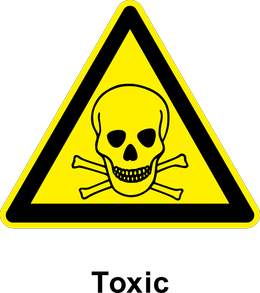
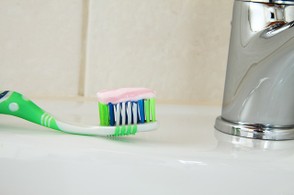
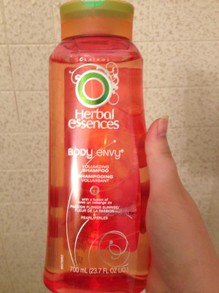
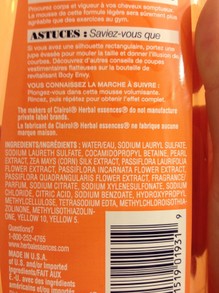
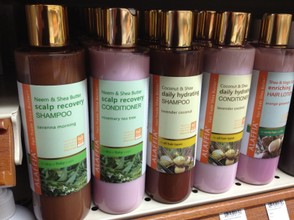
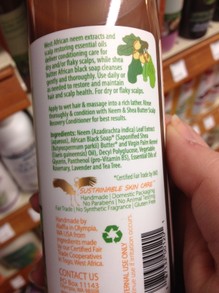
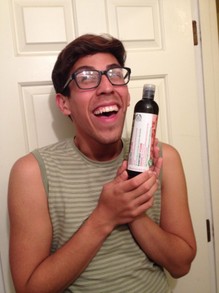
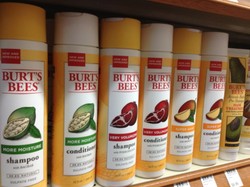

 Lana Del Rey: if You Haven't Heard Her, You Need toon 06/19/2014
Lana Del Rey: if You Haven't Heard Her, You Need toon 06/19/2014
 San Francisco Pride: How one city developed such a thriving LGBT communityon 07/15/2013
San Francisco Pride: How one city developed such a thriving LGBT communityon 07/15/2013

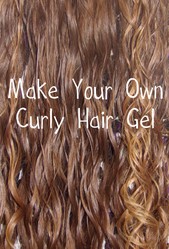
Comments
othellos- If you've been using the brand and are happy with it, then there is honestly no reason to switch :)
ologsinquito- Awww! I just saw that you pinned it, thank you so much!! <3 What shampoo do you use?
Rose- fair enough that it's really only a problem if it is causing you problems, like dandruff or itchy scalp
I use a shampoo without this toxin as well. This is a great article. I'm voting up and pinning it.
I didn't even realize that sodium laurel sulfate was a problem. Am off to check the shampoos in my bathroom
Natural_Skin_Care- Yes that is true! I've even found some which I'm fond of where I work.
WriterArtist- Yes they are! Thank you for reading :)
These two names Sodium Laureth Sulfate (SLES) and Sodium Lauryl Sulfate (SLS) are so confusing. Thanks for throwing light on them.
The good news is that there are so many organic shampoos available.
Thank you for the comments everyone!
Chris-I did talk about how SLES can become contaminated with dioxane, and that it had been traced in household products. That is SLES specifically. SLS is structurally different to SLES and doesn't become contaminated with dioxane like SLES can.
SimplySara- The bad guy here would be the SLES. I know it can be so confusing to keep track of it!
Getthefactsnothype-thanks!
tolovaj- Yes! And yes there are a lot of chemicals in the world...really when you break it down, everything is a chemical or multiple chemicals.
Sam- Thanks! I had several afternoons of reading after my mom gave me a rant about shampoos. I already knew what SLS was but it took reading clinical trials to know what, if any, potential dangers surrounded it.
Jo- :p (this is really really really laaaaaaate, but thanks!)
During the manufacturing process, SLS can definitely be contamined with 1,4 Dioxane, which definitely IS a carcinogen. Please don't say that the only problem with SLS and SLES are sensitivity isses, because it is a known fact of the contamination problem.
I think PG is added to anti freeze and is added in small doses to maintain moisture, it is also added to foods you know those label soft!!!
I'm kinda of confused about which is the bad guy: Sodium Laureth Sulfate (SLES), or Sodium Lauryl Sulfate (SLS)?